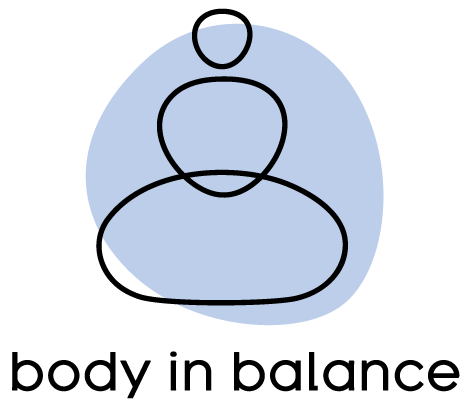FAQs
-
Nutritional therapy is based on the idea that optimal health can be achieved through a holistic and bio-individual approach to health, nutrition, and lifestyle. The nutritional therapy approach considers poor nutrition to be at the root of many modern health problems. To address this, nutritional therapy focuses on honoring and supporting the body’s innate feedback system and incredible capacity to restore, regenerate, and correct itself.
As a Nutritional Therapy Practitioner (NTP), I support and empower people to take responsibility for their health and wellbeing. I help my clients identify where their body shows signs of dysregulation and make diet and lifestyle recommendations to address these issues at the root-cause level to restore the body’s natural balance. By centering my focus on each person’s specific concerns and ambitions, I work with my clients to formulate achievable plans that are tailored to their unique circumstances.
For more information about my approach to nutritional therapy and what I do (and don’t do) as a nutritional therapist, see my blog post: What is Nutritional Therapy?
-
Unfortunately, insurance does not cover nutritional therapy. As an unlicensed practitioner, I do not diagnose, treat, nor assign medical diagnosis/procedural code for insurance purposes.
-
One of the best ways you can support your health is through a diet based primarily around whole foods that you enjoy eating and can digest. Additionally, eating a wide variety of whole foods ensures a balance of nutrients and keeps things interesting. Beyond this, recommendations will be unique to each person based on their current health, goals, and bio-individuality.
-
While I do not focus on weight loss as a priority, I can help identify and address underlying issues that can lead to excess weight. Addressing these — and making overall improvements to nutrition and lifestyle — helps the body find a state of balance that can potentially lead to shedding excess weight. With this in mind, I believe it is much more productive to foster a mindful relationship with your body — tuning in and responding to its cues and needs — than to focus on what it weighs.

